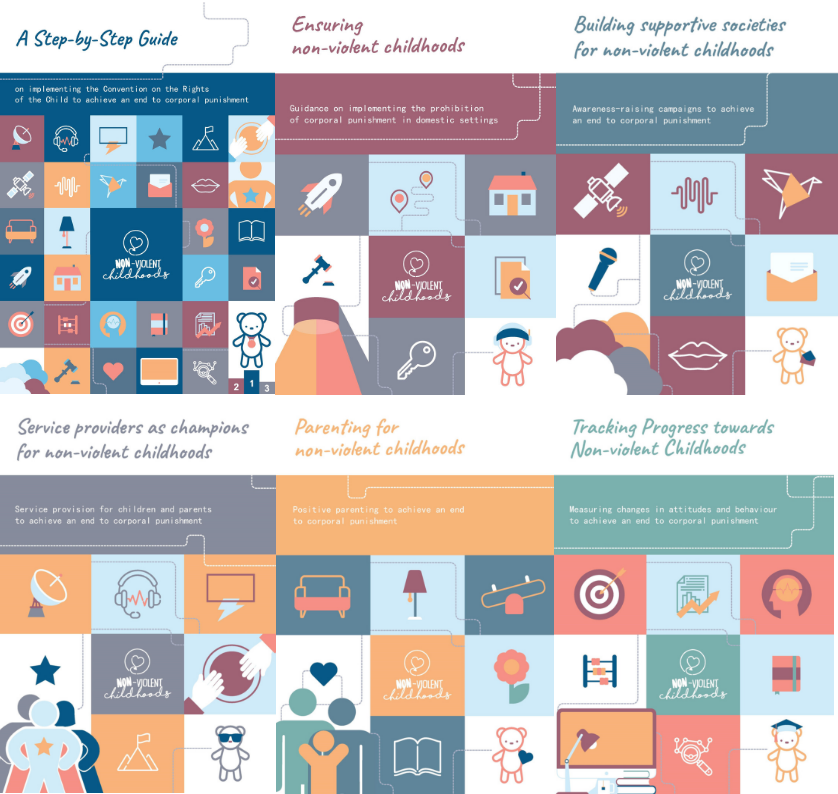New guidance on effective implementation of corporal punishment ban
On 15-16 November, a High-Level Conference on Implementing the Prohibition of Corporal Punishment was held in Stockholm, Sweden, co-hosted by the Swedish Government and the Special Representative of the UN Secretary General on Violence Against Children, Marta Santos Pais.
The Conference forms part of a two-year project, Non-violent Childhoods: Moving on from corporal punishment in the Baltic Sea Region, led by the Council of the Baltic Sea States in cooperation with the Global Initiative and supported by the European Commission, which aims to promote effective implementation of legal bans on corporal punishment, drawing on the experience of states in the Baltic Sea Region where ten out of 11 states have prohibited all corporal punishment.
National consultations and a series of thematic expert consultations were held across the region in 2017-2018 to inform a series of six guidance reports, setting out strategies for effective implementation of the legal ban on corporal punishment.
Launched at the Conference in November, the reports include a Step by Step Guide on implementing prohibition, and specific guidance to effectively prohibit corporal punishment in the home, support service provision, parenting programmes, awareness raising and research to track progress in eliminating corporal punishment.
Read more about the initiative, partners and activities on the project website: childrenatrisk.eu/nonviolence










